Neuroscience
-
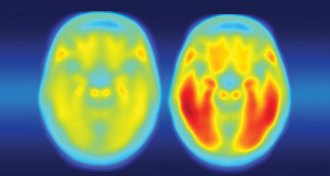 Neuroscience
NeuroscienceGene variant linked to Alzheimer’s disease is a triple threat
A genetic risk factor for Alzheimer’s disease works on multiple aspects of the disease, researchers report.
-
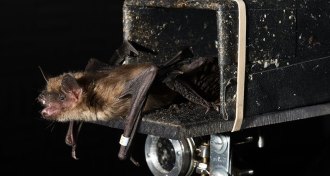 Animals
AnimalsBat brain signals illuminate navigation in the dark
New lab technologies that let bats fly freely allow scientists to track nerve cell signals as the animals dodge and weave.
By Amber Dance -
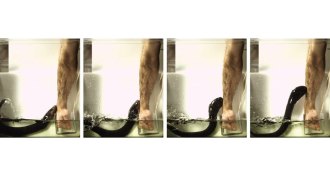 Animals
AnimalsA researcher reveals the shocking truth about electric eels
A biologist records the electrical current traveling through his arm during an electric eel’s defensive leap attack.
-
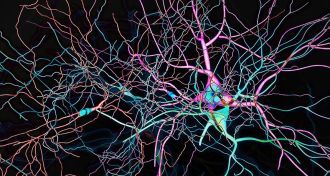 Neuroscience
NeuroscienceBrain chemical lost in Parkinson’s may contribute to its own demise
A dangerous form of the chemical messenger dopamine causes cellular mayhem in the very nerve cells that make it.
-
 Science & Society
Science & SocietyLearning is a ubiquitous, mysterious phenomenon
Acting Editor in Chief Elizabeth Quill talks about the science of learning and how our brains process new knowledge.
-
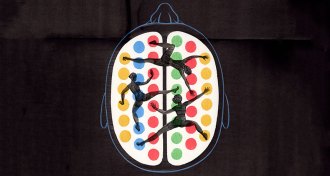 Neuroscience
NeuroscienceLearning takes brain acrobatics
Brains that learn best seem able to reconfigure themselves on the fly, a new line of research suggests.
-
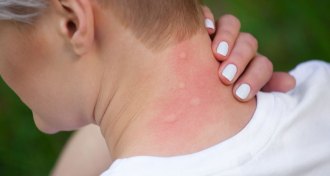 Neuroscience
NeuroscienceHow an itch hitches a ride to the brain
Scientists have figured out how your brain registers the sensation of itch.
-
 Animals
AnimalsReaders fascinated by critters’ strange biology
Readers responded to fish lips, monkey brains, sunless tanner and more.
-
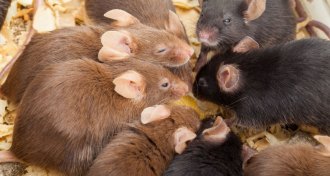 Neuroscience
NeuroscienceMice with a mutation linked to autism affect their littermates’ behavior
Genetically normal littermates of mutated mice behave strangely, suggesting that the social environment plays a big role in behavior.
-
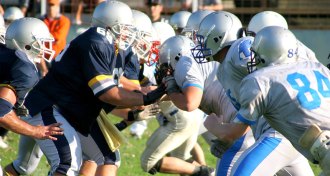 Health & Medicine
Health & MedicineMost football players who donated their brains to science had traumatic injury
A self-selected sample of 202 deceased football players, the largest to date, finds that the majority suffered from chronic traumatic encephalopathy.
-
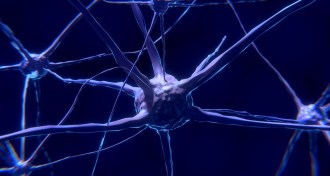 Neuroscience
NeuroscienceThere’s a long way to go in understanding the brain
Neuroscientists offer multiple “perspectives” on how to plug gaps in current knowledge of the brain’s inner workings.
-
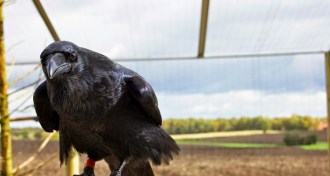 Animals
AnimalsRavens pass tests of planning ahead in unnatural tasks
Clever birds may have evolved their own broad powers of apelike thinking about the future.
By Susan Milius